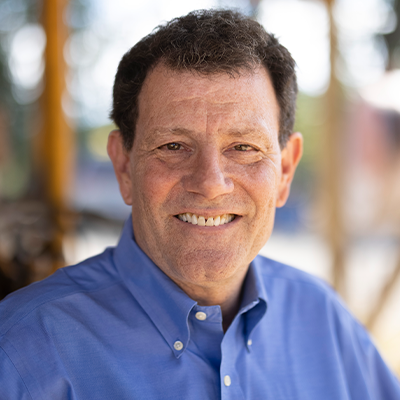Opinion
What Can We Learn from an Orphan in Sudan

By Nicholas Kristof
My heart breaks during this journalistic journey as I witness the emaciated children of Sudan and interview survivors of massacres and mass rapes targeting black African ethnic groups. I keep thinking: it can’t get worse than this.
Then I realize: yes, it can.
Sudan’s most brutal militia, the Rapid Support Forces (RSF), is now bombing the city of El Fasher and making progress. The city of El Fasher and the nearby Zamzam camp could fall at any moment, putting more than a million civilians at risk of atrocities these fighters have committed many times before.
President Biden met this week with the leader of the United Arab Emirates, the primary backer of the RSF as they commit atrocities. Biden praised the UAE as a country that “always looks to the future” without offering any public criticism of its documented support for what one monitoring organization has described as genocide.
The inaction of world leaders, even as they gather at the United Nations to celebrate their commitment to peace and justice, contrasts starkly with the deep sense of moral responsibility shown by a young Sudanese refugee girl I met on the Chad-Sudan border. Let me share her story.
This girl, Safaa Khater, is an orphan like many others due to the civil war in Sudan that began last year between the RSF and another military group, the Sudanese Armed Forces. Safaa said the RSF burned her village, including her home, and killed the men and boys.
Safaa’s life, and the lives of so many like her who are victims of the Sudanese war, shouldn’t be this way. Her story reflects the harsh reality endured by countless others in Sudan, where ongoing civil wars have led to the death and destruction of innocent lives, leaving them homeless and without hope. In such circumstances, children like Safaa find themselves responsible for supporting their families despite their young age and personal suffering.
Yet, despite the ongoing atrocities, the international community has been unable to take decisive steps to end the conflict or prevent the widespread famine in the country. Instead, leaders act cautiously or avoid taking firm stances against nations that support these deadly militias, like the UAE. As a result, the war continues, and the humanitarian situation in Sudan worsens.
What stands out in this story is that the world can still intervene and provide support to those suffering. The world needs to remember its responsibilities toward these innocent people, just as the women who helped Safaa escape from the militias did. The responsibility Kristof speaks of isn’t limited to governments alone; it extends to everyone, from individuals to international organizations and civil societies.
It’s a painful reminder that humanitarian crises, like the one unfolding in Sudan, are not inevitable. They can be changed if the right decisions are made.



